Congratulations to Laura Stedman in the Centre for Midwifery & Women’s Health (CMWH) on the publication of a new paper in the international academic journal Midwifery. This new paper ‘Then they’re not there. Women’s experiences following admission of their newborn to a neonatal intensive care unit‘ [1], has been co-authored with two fellow midwives: Associate Prof. Catherine Angell and Prof. Vanora Hundley.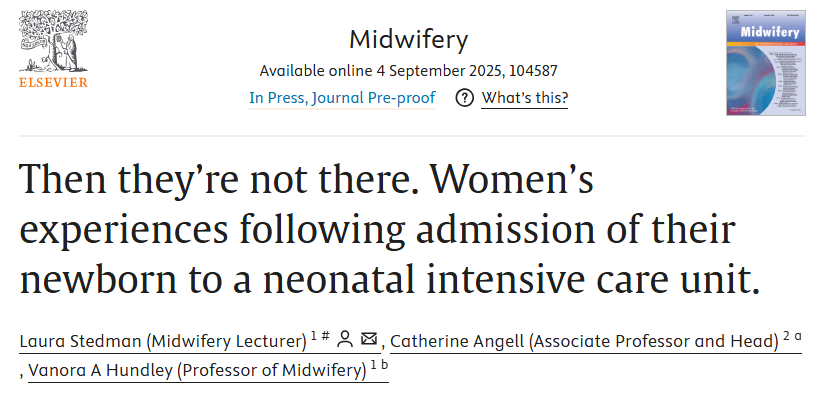
The paper reports an online study into the experiences of UK women been diagnosed with Gestational diabetes mellitus (GDM) whose baby was admitted to a Neonatal Intensive Care Unit (NICU) at or shortly after birth. The qualitative analysis identified two themes: ‘experience’ and ‘understanding’; the former had five sun-themes and the latter was based on three sub-themes. A lack of understanding and knowledge was identified, with calls for enhanced education and joint decision making. Women recalled feelings of grief, isolation and stress as a result of the admission. For many, this experience was traumatic with lasting effects. For babies born at term, feelings of surprise and separation were paramount, in contrast to those born pre-term. The authors concluded that there is need for more education and improved material to support for those facing this outcome. Future research should also focus on reducing the incidence of admission to NICU for women who have received a diagnosis of GDM.
- Stedman, L., Angell, C., Hundley, V. (2025) Then they’re not there. Women’s experiences following admission of their newborn to a neonatal intensive care unit, Midwifery [online first]


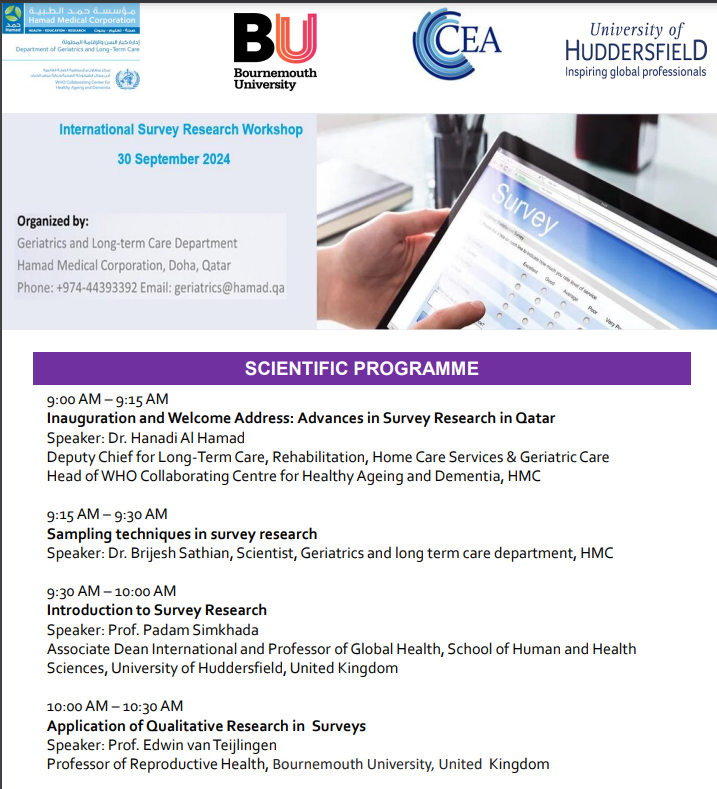
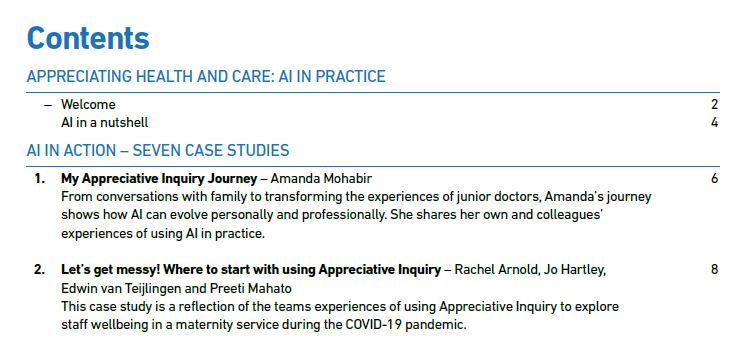

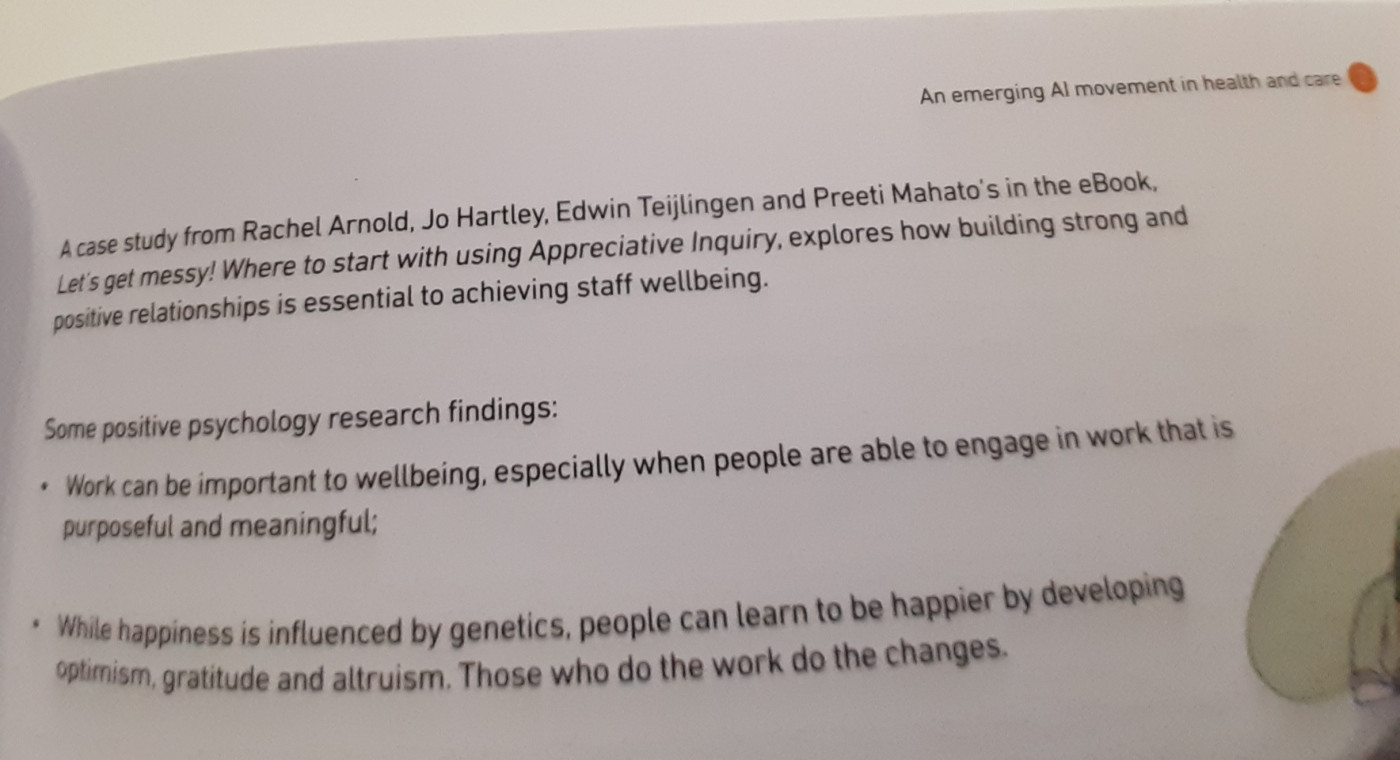
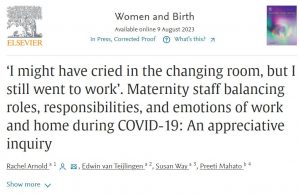
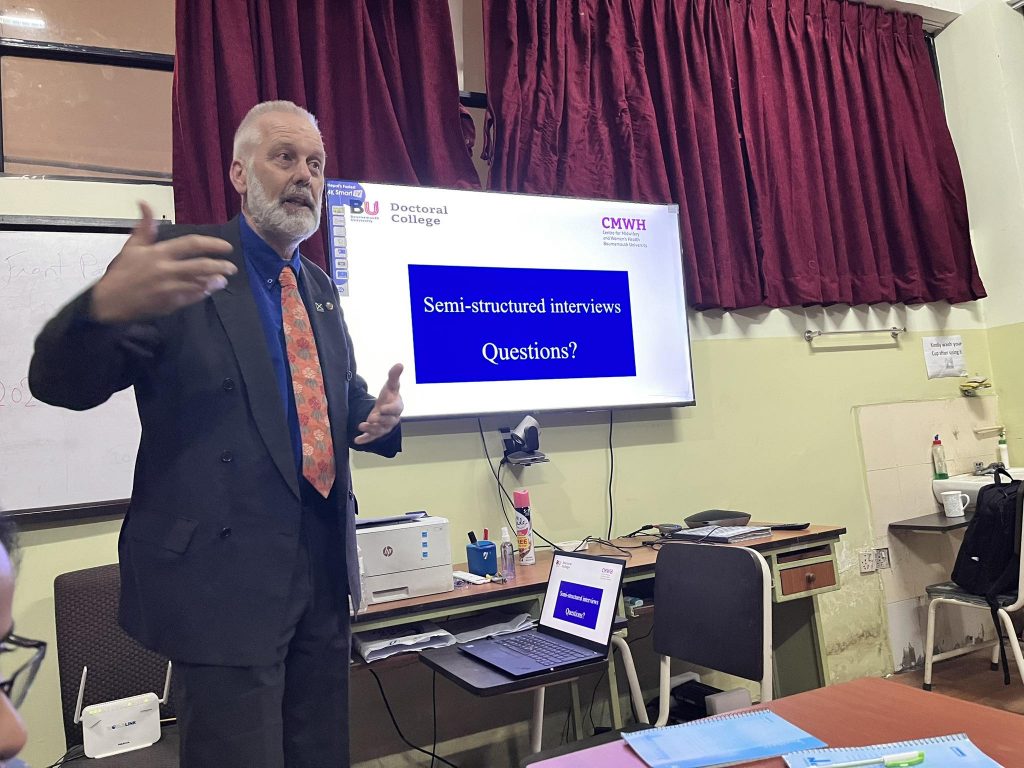
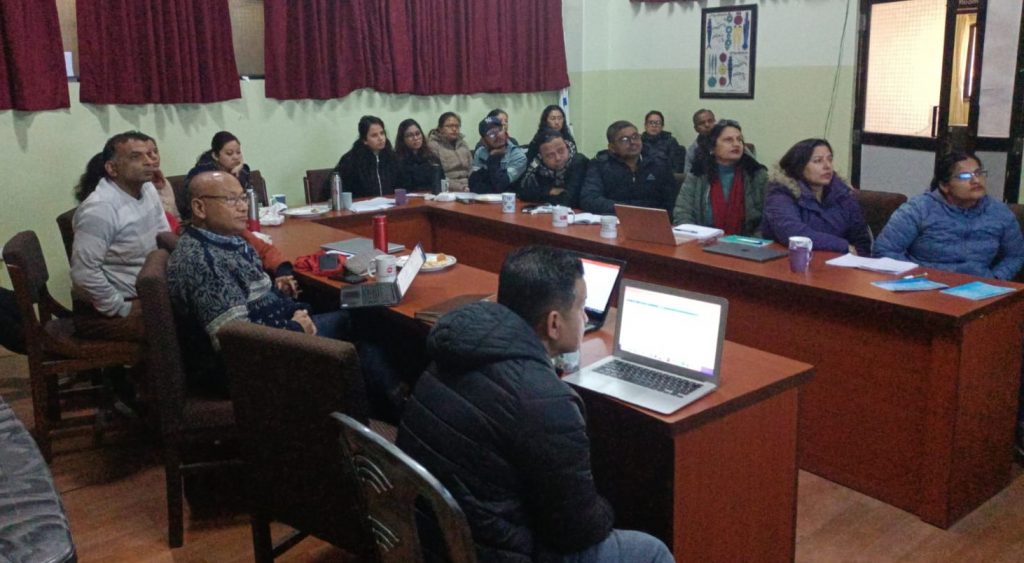
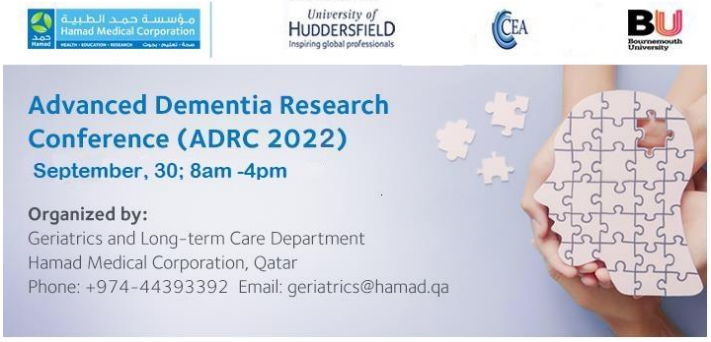
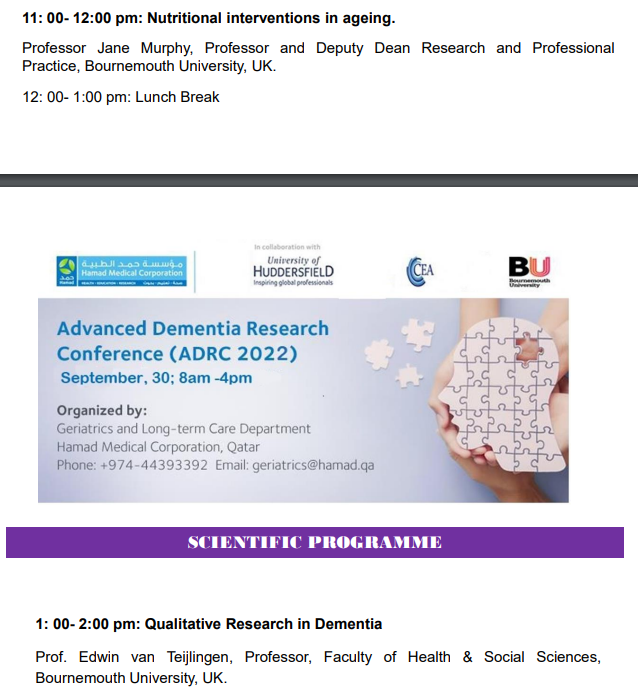

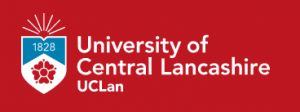
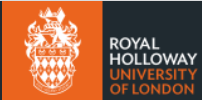
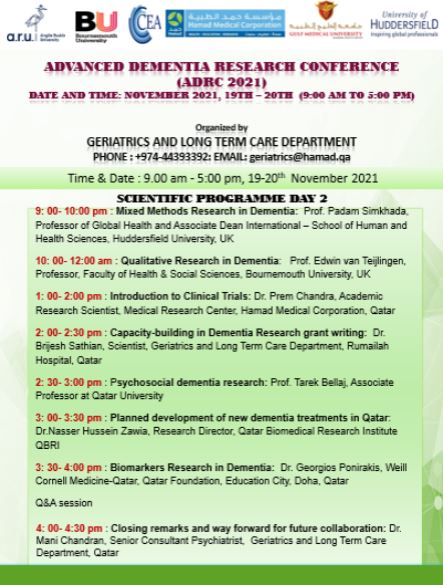
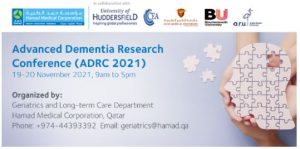


















 SPROUT: From Sustainable Research to Sustainable Research Lives
SPROUT: From Sustainable Research to Sustainable Research Lives BRIAN upgrade and new look
BRIAN upgrade and new look Seeing the fruits of your labour in Bangladesh
Seeing the fruits of your labour in Bangladesh Exploring Embodied Research: Body Map Storytelling Workshop & Research Seminar
Exploring Embodied Research: Body Map Storytelling Workshop & Research Seminar Marking a Milestone: The Swash Channel Wreck Book Launch
Marking a Milestone: The Swash Channel Wreck Book Launch ECR Funding Open Call: Research Culture & Community Grant – Application Deadline Friday 12 December
ECR Funding Open Call: Research Culture & Community Grant – Application Deadline Friday 12 December MSCA Postdoctoral Fellowships 2025 Call
MSCA Postdoctoral Fellowships 2025 Call ERC Advanced Grant 2025 Webinar
ERC Advanced Grant 2025 Webinar Update on UKRO services
Update on UKRO services European research project exploring use of ‘virtual twins’ to better manage metabolic associated fatty liver disease
European research project exploring use of ‘virtual twins’ to better manage metabolic associated fatty liver disease